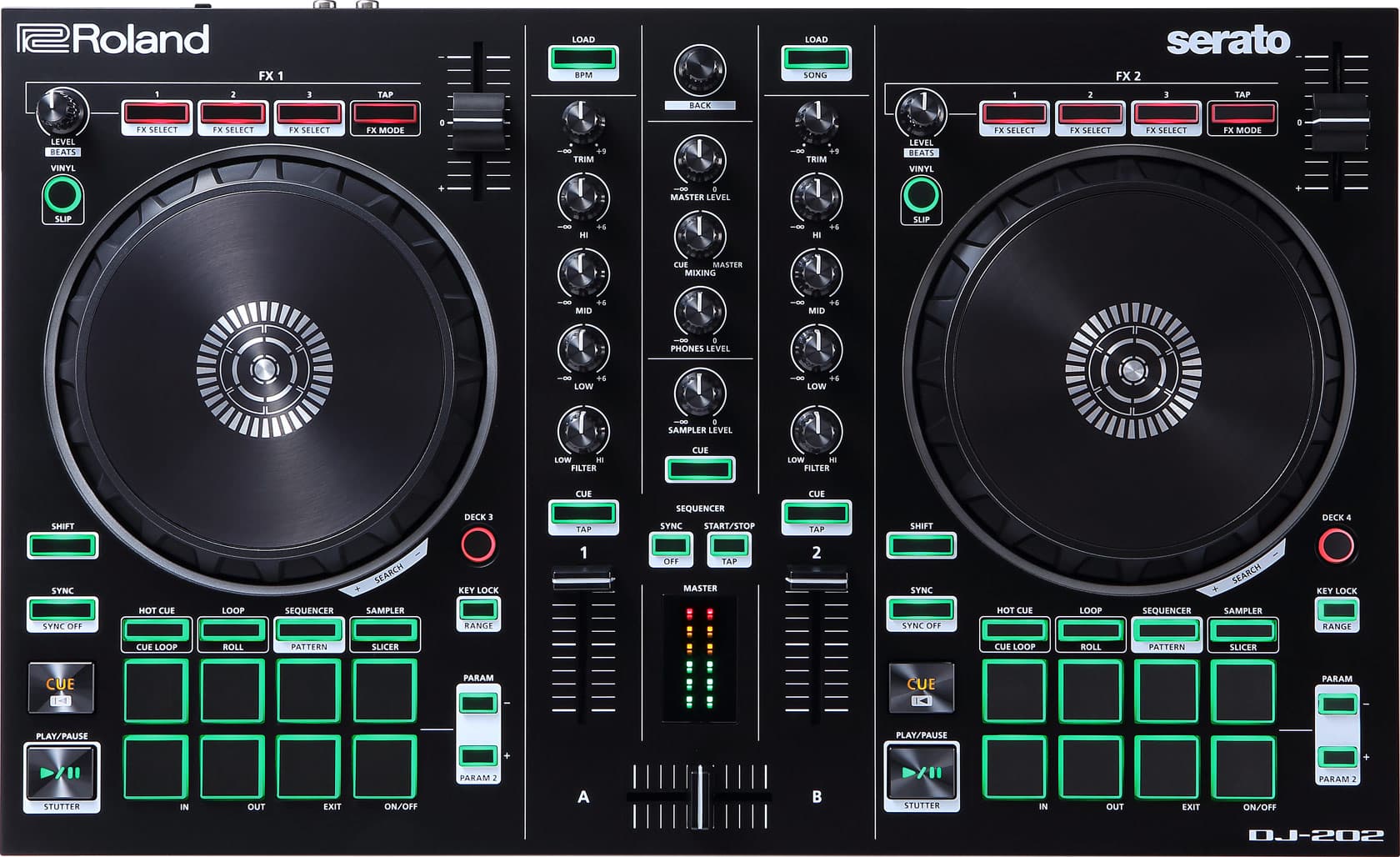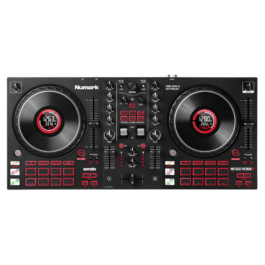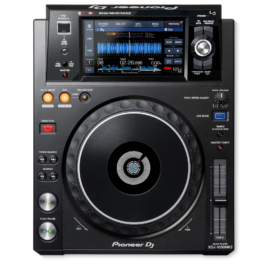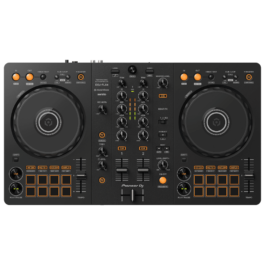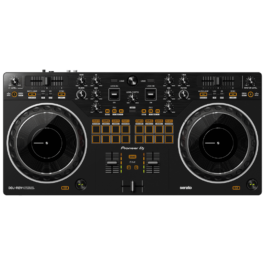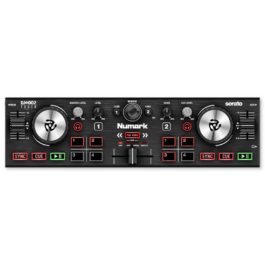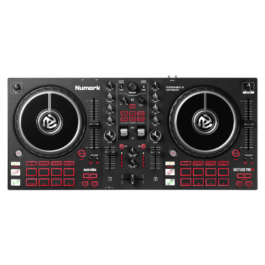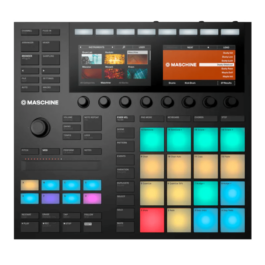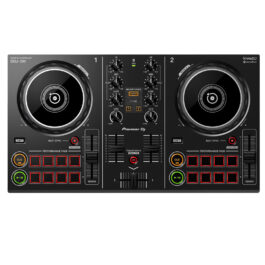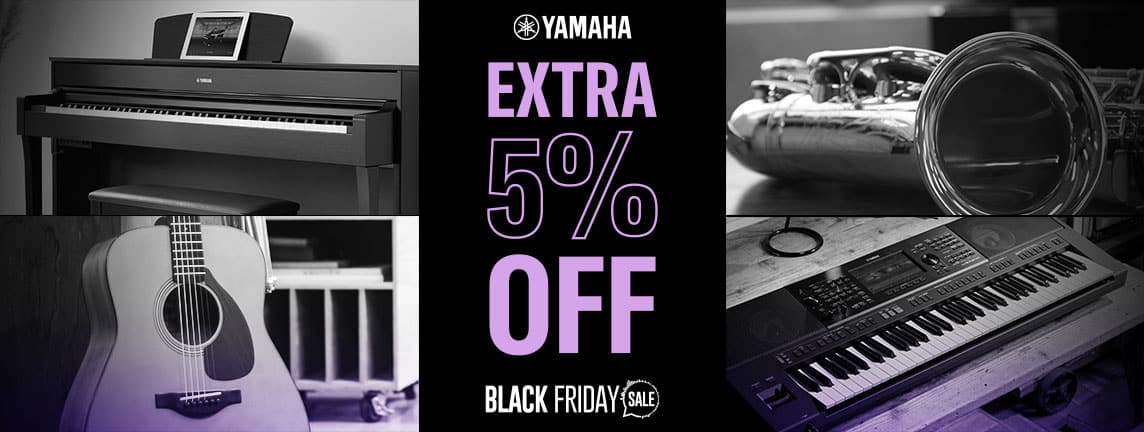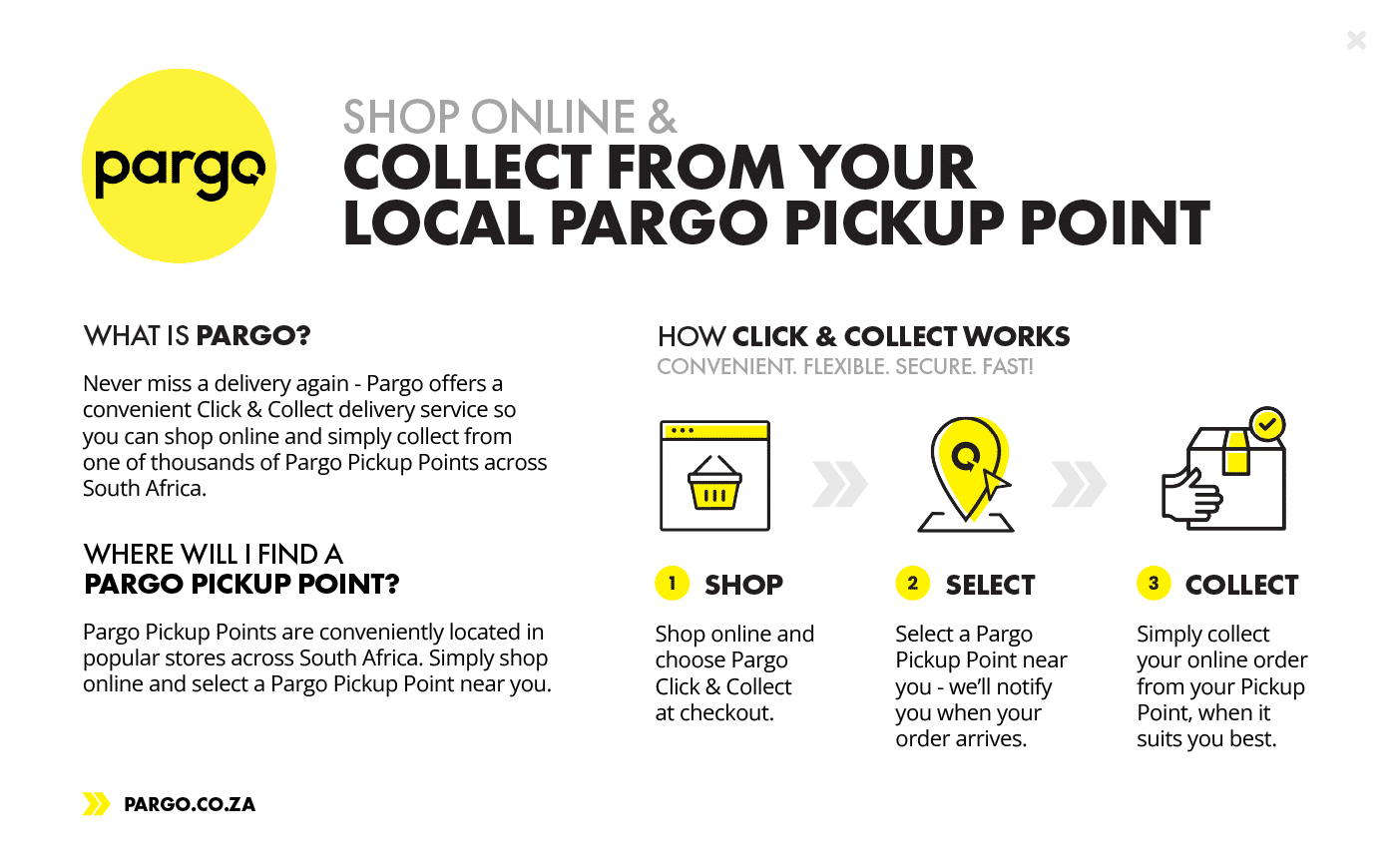
Looking to dive into the world of DJ Controllers and mixing can be a daunting position to find yourself. Staring at the behemoth rigs of pro DJ’s, and comparing them to images of budget beginner options leaves many people at a loss. “What features do I need?”, “How many tracks do I need?”, and even “Will this be future-proof?” are all common questions beginners are plagued with.
We’re going to run through the basics of DJ controllers, how they work, and what you need to look out for when jumping in and purchasing your first unit.
How do DJ Controllers work?
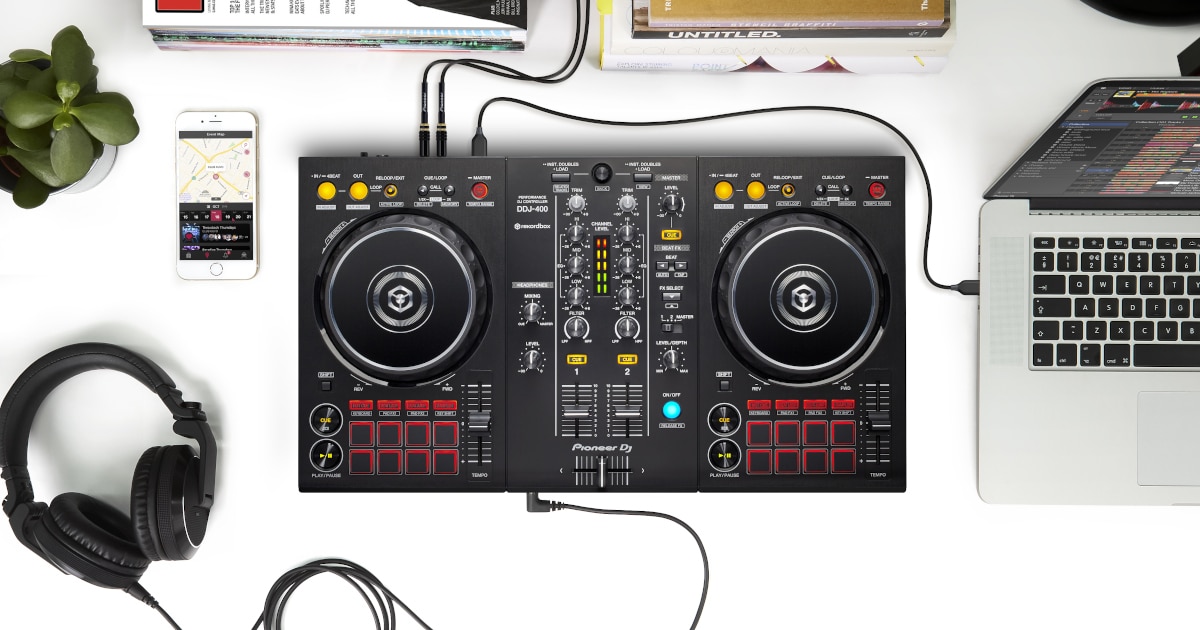
Let’s start with the basics. What are DJ controllers, and how do they work?
DJ Controllers are all-in-one units that include a mixer, simulated turntables called jog wheels, effects, and easy-to-use controls. The goal is to emulate a traditional setup with multiple components in an ergonomic form that emphasizes portability and ease-of-use.
They connect to a laptop or computer running DJ software. The controller’s interface takes over, delivering more efficiency and power than a keyboard setup. The DJ Controller literally “controls” your DJ software. Most DJ controllers come bundled with appropriate software.
What to look out for
When purchasing your first DJ controller, there are a few factors and features one needs to keep in mind. We’re going to focus first on the ‘must-haves’ before moving on to some nice-to-have features.
Number of channels: This is usually standard across all controllers, but ensuring your controller has at least 2 channels is fundamentally important. You need at least two tracks to mix between.
EQ Section: To allow you to properly shape the tone of your tracks, a minimum of a 3-Band Equalizer is recommended (bass, mid, treble).
Bundled Software: As we mentioned before, all controllers come bundled with DJ software of some form. It is important to ensure that the controller you’re buying either comes with or is comfortably compatible with the DJ software you want to use. There is no right or wrong answer with regard to this. Serato, Rekordbox, Traktor etc. are all widely used and capable pieces of software, but ensuring the one you’re after is compatible with your controller is critical.
Jog wheels: The feel of the jog wheels is one of the most fundamentally important factors. You will spend hours interacting with these, and a highly responsive jog wheel is imperative.
Knobs, Faders, and Buttons: This may seem obvious, but just like the jog wheel, the way the buttons on your controller feel can have a major impact on your performance with the unit. They need to be of a high quality to withstand excessive use, and be finely responsive to allow you maximum control. This is a segment in which many budget controllers suffer. While they may “work” the quality of the feel and response can often be lacking, making this our top tip for buying controllers
Some of our recommendations
“Which DJ controller should I buy?” is a question we are very familiar with, and that has led us to some great recommendations that any beginner would find easy-to-use, future-proof, high quality, and most importantly, fun! Here are just two of them!
The Roland DJ-202 ticks all the boxes we mentioned, and knocks some of them out of the park. Here’s some of what makes the DJ-202 tick.
- Ultimate portability with USB Power
- Full Roland Legacy Drum Machine Step Sequencer
- Bundled with Serato DJ Lite
- 1/4″ Microphone input with effects.
An absolute staple in the line-up of beginners DJ controllers, made by the most prolific name in DJ’ing, Pioneer. the DDJ-400 features high-quality jog wheels and buttons, an intuitive interface, and a host of learning-centric features. Let’s take a look at some of it’s highlights.
- Bundled with a full version of Rekordbox DJ
- Club-style layout allows you to develop your skills based on the industry standard
- Beat FX allows you to apply quality tempo matched effects
Browse more DJ controllers...
-
Birthday Sale Deal!
- DJ & Beat Production, DJ Controllers
Numark Mixtrack Platinum FX 4-Deck Serato DJ Controller
-
R7,800R7,061FREE DELIVERY - Select options
-
Birthday Sale Deal!
- DJ & Beat Production, DJ Controllers
Pioneer DJ XDJ-1000MK2 Digital Performance DJ Media Player
-
R52,500R40,950FREE DELIVERY - Select options
-
Birthday Sale Deal!
- DJ & Beat Production, DJ Controllers
Pioneer DJ DDJ-FLX4 2-deck Rekordbox and Serato DJ Controller – Graphite
-
R10,550R7,685FREE DELIVERY - Select options
-
Birthday Sale Deal!
- DJ & Beat Production, DJ Controllers
Pioneer DJ DDJ-REV1 2-deck Serato DJ Controller
-
R8,850R6,295FREE DELIVERY - Select options
-
Birthday Sale Deal!
- DJ & Beat Production, DJ Controllers
Numark DJ2GO2 Touch Pocket DJ Controller
-
R2,050R1,844FREE DELIVERY - Select options
-
Birthday Sale Deal!
- DJ & Beat Production, DJ Controllers
Numark Mixtrack Pro FX Serato DJ Controller
-
R6,599R5,899FREE DELIVERY - Select options
-
- DJ & Beat Production, DJ Controllers
Native Instruments Maschine Mk3
- R15,999FREE DELIVERY
- Select options
-
Birthday Sale Deal!
- DJ & Beat Production, DJ Controllers
Pioneer DDJ-200 Smart DJ Controller
-
R4,999R3,599FREE DELIVERY - Select options


